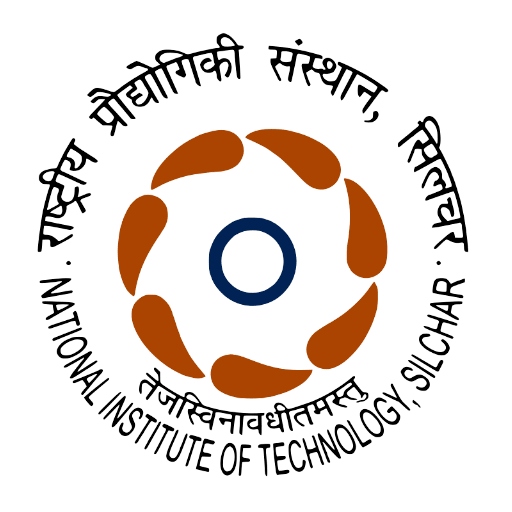Program Outcomes (POs) of the B.Tech. in Electronics and Communication Engineering are as follows:
Engineering Graduates will be able to:
- Engineering knowledge: Apply the knowledge of mathematics, science, engineering fundamentals, and an engineering specialization to the solution of complex engineering problems.
- Problem analysis: Identify, formulate, review research literature, and analyze complex engineering problems reaching substantiated conclusions using first principles of mathematics, natural sciences, and engineering sciences.
- Design/development of solutions: Design solutions for complex engineering problems and design system components or processes that meet the specified needs with appropriate consideration for the public health and safety, and the cultural, societal, and environmental considerations.
- Conduct investigations of complex problems: Use research-based knowledge and research methods including design of experiments, analysis and interpretation of data, and synthesis of the information to provide valid conclusions.
- Modern tool usage: Create, select, and apply appropriate techniques, resources, and modern engineering and IT tools including prediction and modeling to complex engineering activities with an understanding of the limitations.
- The engineer and society: Apply reasoning informed by the contextual knowledge to assess societal, health, safety, legal and cultural issues and the consequent responsibilities relevant to the professional engineering practice.
- Environment and sustainability: Understand the impact of the professional engineering solutions in societal and environmental contexts, and demonstrate the knowledge of, and need for sustainable development.
- Ethics: Apply ethical principles and commit to professional ethics and responsibilities and norms of the engineering practice.
- Individual and teamwork: Function effectively as an individual, and as a member or leader in diverse teams, and in multidisciplinary settings.
- Communication: Communicate effectively on complex engineering activities with the engineering community and with society at large, such as being able to comprehend and write effective reports and design documentation, make effective presentations, and give and receive clear instructions.
- Project management and finance: Demonstrate knowledge and understanding of the engineering and management principles and apply these to one’s own work, as a member and leader in a team, to manage projects and in multidisciplinary environments.
- Life-long learning: Recognize the need for, and have the preparation and ability to engage in independent and life-long learning in the broadest context of technological change.
Program Outcomes (POs) of the M.Tech. (CSPE) are as follows:
- An ability to independently carry out research /investigation and development work to solve practical problems.
- An ability to write and present a substantial technical report/document.
- Students should be able to demonstrate a degree of mastery over the area as per the specialization of the program. The mastery should be at a level higher than the requirements in the appropriate bachelor program.
- Program graduates will develop enthusiasm and confidence to pursue lifelong learning for professional advancement
- Program graduates will grow confidence to face the challenges in diverse areas of Communication and Signal Processing Engineering.
- Program graduates will develop the spirit of working in a team for various applications like environmental monitoring, agriculture, business, health care, and military using CSPE.
Program Outcomes (POs) of the M.Tech. (ME&VLSI) are as follows:
- An ability to independently carry out research /investigation and development work to solve practical problems.
- An ability to write and present a substantial technical report/document.
- Students should be able to demonstrate a degree of mastery over the area as per the specialization of the program. The mastery should be at a level higher than the requirements in the appropriate bachelor program.
- An ability to understand and design advanced VLSI-based systems and conduct experiments, analyze and interpret results.
- To use the techniques, skills, modern electronic design automation tools, software, and equipment necessary to evaluate and analyze the systems in VLSI design environments.
- Graduates will be able to plan, conduct an organized and systematic study on significant research topic within the field of VLSI and its allied field.
